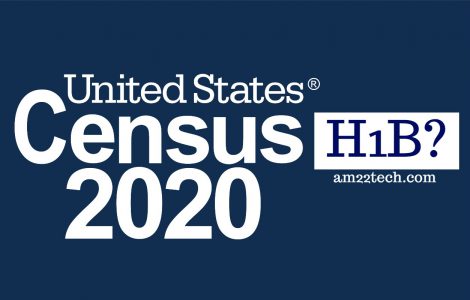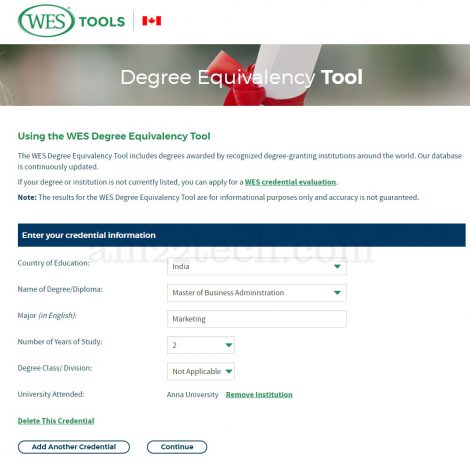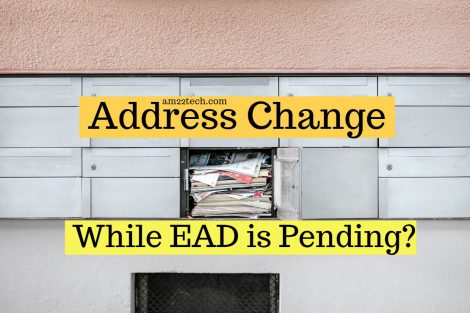|
Listen to this article
|
There has been increased checking of electronic devices at USA airports by custom and border protection recently.
We have collected the information about your legal rights that US laws offer for you.
The immigration law may offer different rights and options when you are trying to enter the US at the port of entry based on your visa status:
- US Citizen
- Green card holder
- Visa holder (like H1B skilled worker or dependents like H4)
Citizens and Green card holder have better protection since their entry to the US cannot be denied while visa holders can be deported if they do not agree to immigration officer’s request to check their phone or laptop.
How to protect yourself?
#1 Travel with clean phone
This helps remove the guesswork to find and delete the information that may be private or something that you do not want others to see of read.
#2 Remove Fingerprint and Face unlock
Remove these locks so that your phone cannot be unlocked without entering the password explicitly.
Also, set up a strong password which cannot be easily guessed.
#3 Turn off the phone before reaching Immigration
If you do not want to remove fingerprint or face unlocking of your phone, you can turn off the phone.
When the officer will try to switch on the phone, the system (IOS or Android) will force to enter the password to unlock.
This is a security feature available on all phones.
#4 Deny to share Phone password
You have the right to NOT share your phone password.
But, things may turn ugly as entry can be denied for visa holders if they do not allow their device search.
- Citizens and Green card holder: Your entry cannot be denied simply because you did not allow your devices to be searched. But, your device can be confiscated and sent for forensic analysis.
- Visa holders: Your entry to the US can be denied by the officer if they have a strong reason to believe that your device search is needed to find your motive behind entering the US.
#5 Delete all offline data; Move everything to cloud
Delete all data that’s stored on your phone locally or move it to cloud like Google drive or dropbox.
As per CBP policy, they cannot search the data stored remotely on a cloud server. They are allowed to read or search into data that is locally saved on your phone or laptop.
Type of Device Searches
There are two types of device searches that Customs and border protection can perform:
- Basic/Simple search – Simple reading of messages/emails stored on your phone locally.
- Simple look through emails to find the real motive of entering the US.
- H1B visa holders intention to work for approved employer
- Finding B1/B2 visa holders motives to work in the US or just have vacation
- Advances/Secondary search – Detailed device forensic analysis.
- A supervisor permissions and/or a warrant may be needed.
- A strong suspicion or threat to national security may be cited.
Sources:
- CBP Border search authority explanation
- NBC News reports CBP 2017 announcement about no right to search cloud data
- EFF (Electronic Frontier Foundation) – How to protect yourself and data on devices
- Report of visitor visa entry denial on suspicion of household work




